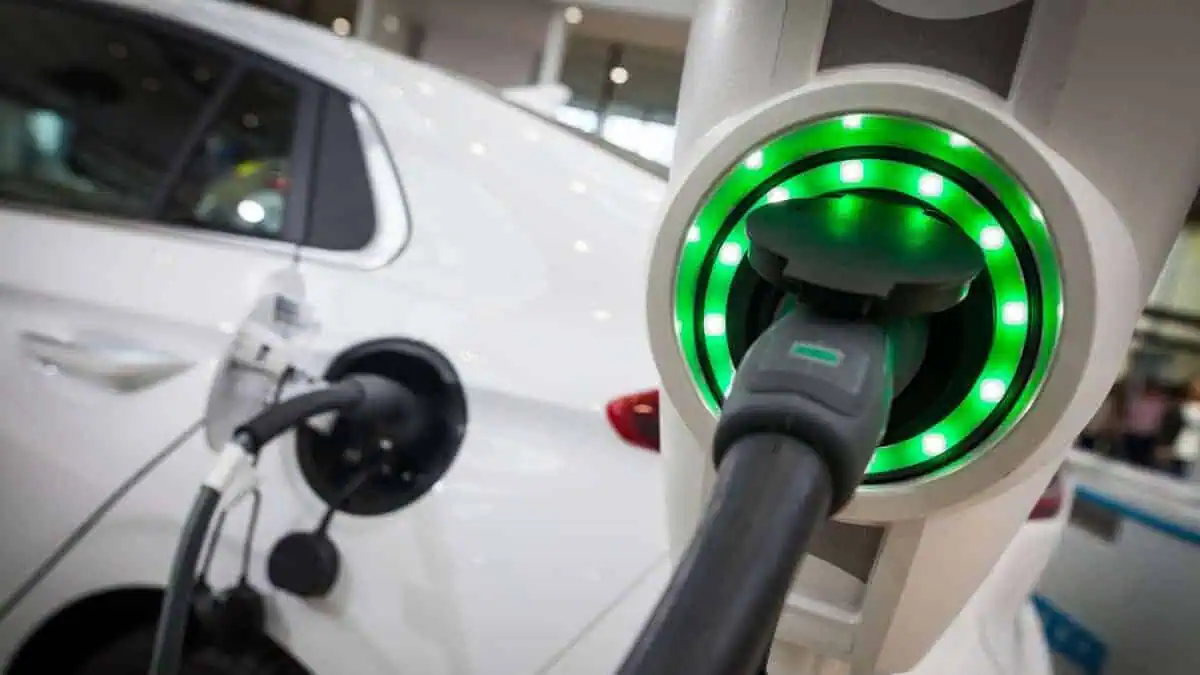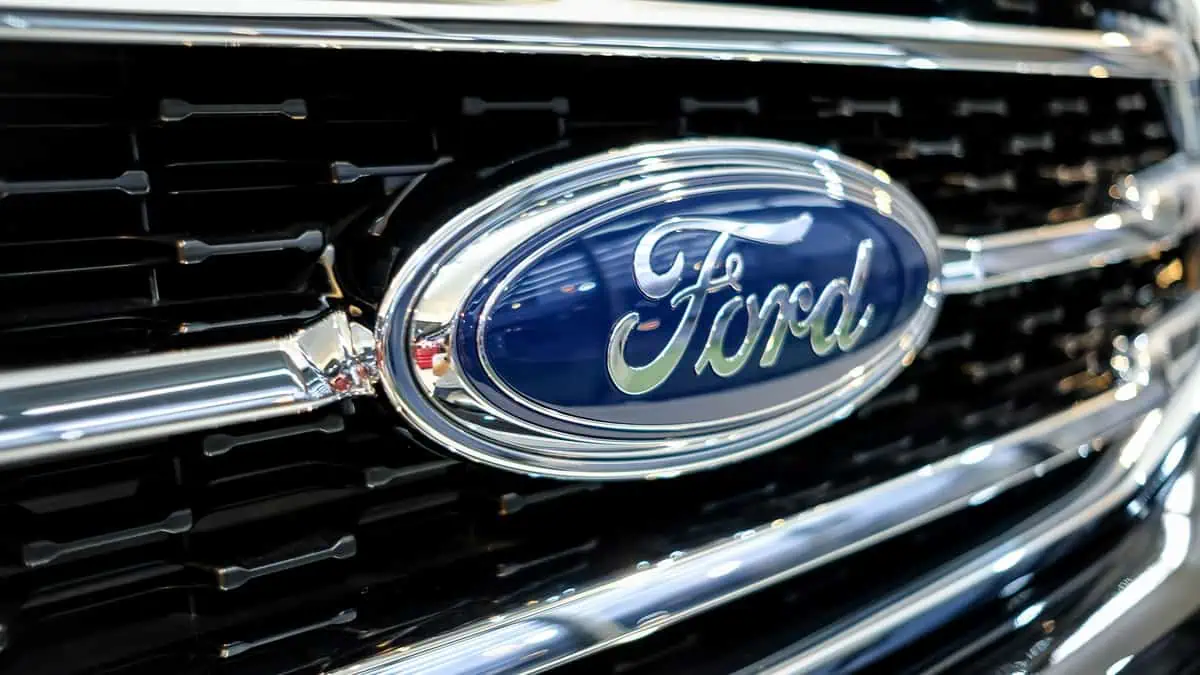International consulting and accounting firm KPMG recently released its 23rd Annual Global Automotive Executive Survey, which suggests that auto execs’ EV sales expectations in 2030 are significantly lower than a year ago, as per CNBC.
“There’s still a sense of optimism long term, and yet, most importantly, there’s a sense of realism in the near term. You see this realism throughout the entire survey.”
KPMG global head of automotive, Gary Silberg, told CNBC
Findings
Over 900 automotive executives participated in KPMG’s annual global auto survey. 76% of respondents are worried about how their firm will be impacted by inflation and high-interest rates in 2023. Alarmingly, the percentage was 84% in the US alone.
Automotive executives are reportedly less optimistic about the ubiquity of all-electric vehicles in the US and around the world by 2030, according to KPMG. Last year’s survey estimated that 10% to 40% of newly sold automobiles worldwide were electric vehicles by that time. It represents a decline from 20% to 70% a year before.
Notably, the median forecast for EV sales in the United States was 35% of the new auto market. It represents a significant decline from last year’s 65% record and Biden admin’s 50% target by 2030.
What influences the auto executive’s confidence?
The electric vehicle uptake is waning as federal incentives become more stringent. In addition to vehicle pricing, it raises questions regarding battery raw materials. These worries include supply chain problems and apprehensions about a recession.
“You can be long-term optimistic, but near term, you’ve got to be very realistic. It’s not rainbows and butterflies and euphoria anymore, it’s game on.”
KPMG global head of automotive, Gary Silberg, told CNBC
Tesla vs. Apple?
According to the KPMG survey, respondents believe Tesla will continue to lead the EV market globally but with a much smaller margin. Additionally, they assumed tech giant Apple would be a market leader in EVs once it releases its highly anticipated electric car in the future.
As shown in the Tweet above, Tesla got the leading position with 223 responses about EV leadership, while Apple ranked fourth with 133 responses. Audi (206) and BMW (196) are between the EV and tech giants.
It is not surprising that Apple is among the auto exec’s top picks for EV leadership as it is a reputable brand with expertise in mass production. The respondents’ expectation of Apple is also said to be influenced by Foxconn‘s recent moves in the auto industry.
Going back to the survey rankings, Ford landed in the 5th position with 128 points. It is followed by Honda (106), BYD (101), Hyundai-Kia (78), Mercedes-Benz (78), and Toyota (55).
Recessionary fears
KPMG global head of automotive Gary Silberg claims that the confidence of the auto executives was influenced by their fears regarding inflation and rising interest rates.
Apart from that, the automakers are also worried about the ongoing supply chain issues in raw materials and semiconductor chips. Nonetheless, KPMG estimates that by 2040, revenue from auto semiconductors will top $250 billion.
Interestingly, 83% of KPMG’s global respondents are still “confident” in profitable growth for the following five years compared to the 53% result a year ago. Meanwhile, it was 82% for the US auto execs respondents, a significant increase from 67% in 2021.
“Auto executives are extraordinarily optimistic about the future, but at the same time their confidence is tempered by the need to turn automotive dreams into reality.”
KPMG global head of automotive, Gary Silberg, told CNBC
Notably, KPMG conducted the survey in October to 915 auto executives for its 23rd Annual Global Automotive Executive Survey. CEOs and other C-level executives made up over 209 of the respondents. North American respondents comprised over 300, with 252 coming from the United States.






